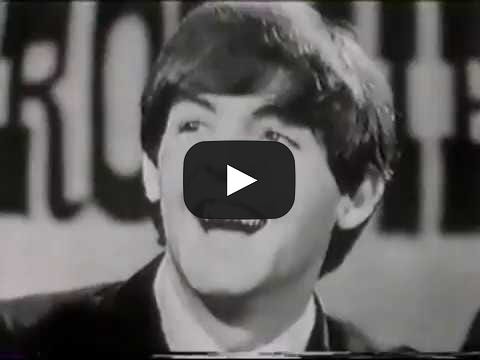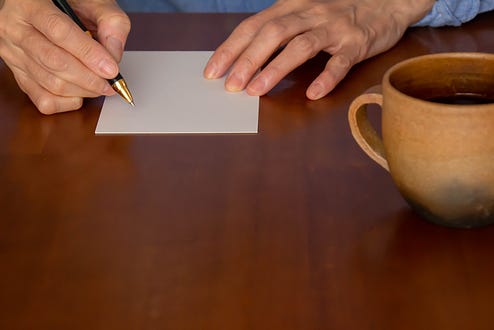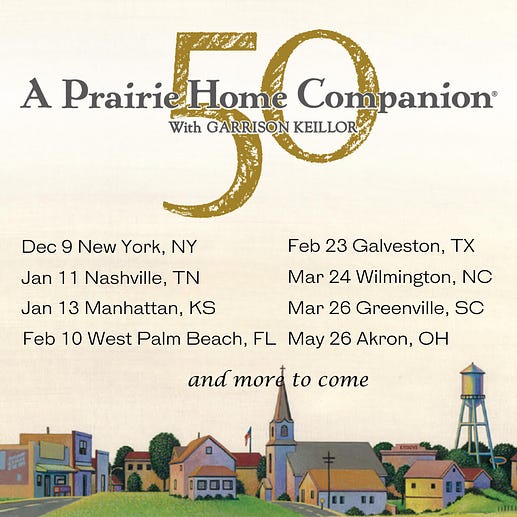|
I hear people complain about police and city planners and the health care system, but never about firemen or EMTs, and few complain about slow delivery of mail, perhaps because so few people write letters these days. I do and delivery is prompt. I wrote a postcard with a limerick for a new father:
Byron is his child’s wiper And poop does not make him hyper, He cleans the behind With a calm focused mind And fastens a fresh tiny diaper.
A phone text would be eco-friendlier but a written message has the hope of being taped to the fridge, maybe saved in a drawer and 50 years from now the infant’s children will find it and be amused. Fundraising appeals are tossed and paid bills but the little poem about defecation will give pleasure long after I am gone: this is the hope.
The complaints about the cops and whatnot may find their way into the newspaper but then it’s old news as are most things political. When the great man sits down with the ghost who will write his memoirs, he knows that the world has moved on, he is last week’s bagel, he knows this. Whatever he said and did is going, going, gone.
Longevity is the motivation for writing, same as for sculpture and painting and songwriting: to reach beyond your lifetime into the misty future, even if what you create will wind up credited to Anon, still it’s a game worth playing. I do a sing-along at my shows and it’s touching to hear a big crowd sing all the words of “I Saw Her Standing There” and “In My Life,” 50 years after John and Paul wrote them.

The great-grandfather of stand-up, Mark Twain, lives on. Even if people don’t know he said, “The report of my death was an exaggeration,” they still quote him, and also “To be good is noble. But to show others how to be good is even nobler and much less trouble.” I can’t recall the last time I heard someone quote Ulysses Grant’s memoirs.
Memory is a gauge of emotional engagement: we sit around a table and converse and it’s a cloud of chaff in the wind and then something is said that vibrates. My wife looks at an old photo album and here’s a photo of a beach in 1928, an uncle the kids called “Pizey” because he called the kids “Sweetie Pie” and her grandma writes under it, “He looks rather coquettish” because Pizey is wearing a fancy straw hat and skirt and blouse. “They were always up for a good time,” my wife says. There it is: she comes from fun-loving people and I come from puritans. I intend to be more like her.
I read Anne Frank’s diary when I was in high school in Minnesota and I still remember being stunned by “In spite of everything I still believe that people are really good at heart.” But then I have to google it to get what followed it: “I see the world gradually being turned into a wilderness, I hear the ever approaching thunder, which will destroy us too, I can feel the sufferings of millions and yet, if I look up into the heavens, I think that it will all come right, that this cruelty too will end, and that peace and tranquility will return again.” It still moves me, that a 15-year-old girl locked with her family in an attic in Amsterdam could write such a thing.
Here in America we’re locked in our own attics of social media, isolation, working from home, driving the freeways. “People are good at heart” is the basis of civil democracy; it’s what allows us to speak decently to those who disagree with us. And we feel this goodness when we walk down the street or go to a ball game or a Taylor Swift concert. We need to fight isolation with festivals, parades, public events, door-to-door campaigning.
So as Mark said, I’m telling you to be good and get on the side of civility. I walked in Central Park recently and two pages fell out of my notebook, which a woman picked up and handed to me. “The kindness of strangers,” I said. “Especially in New York,” she said. I see better times ahead. Put this in a drawer and read it two years from now and see if I’m not right.
Garrison Keillor is jet-setting around the country. Go see him live at a venue near you!
CLICK HERE for tickets.
You’re on the free list for Garrison Keillor and Friends newsletter and Garrison Keillor’s Podcast. For the full experience, become a paying subscriber and receive The Back Room newsletter, which includes monologues, photos, archived articles, videos, and much more, including a discount at our store on the website.




